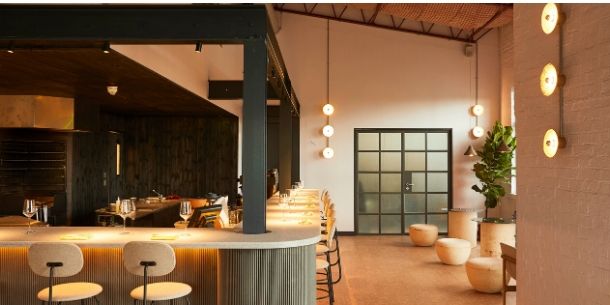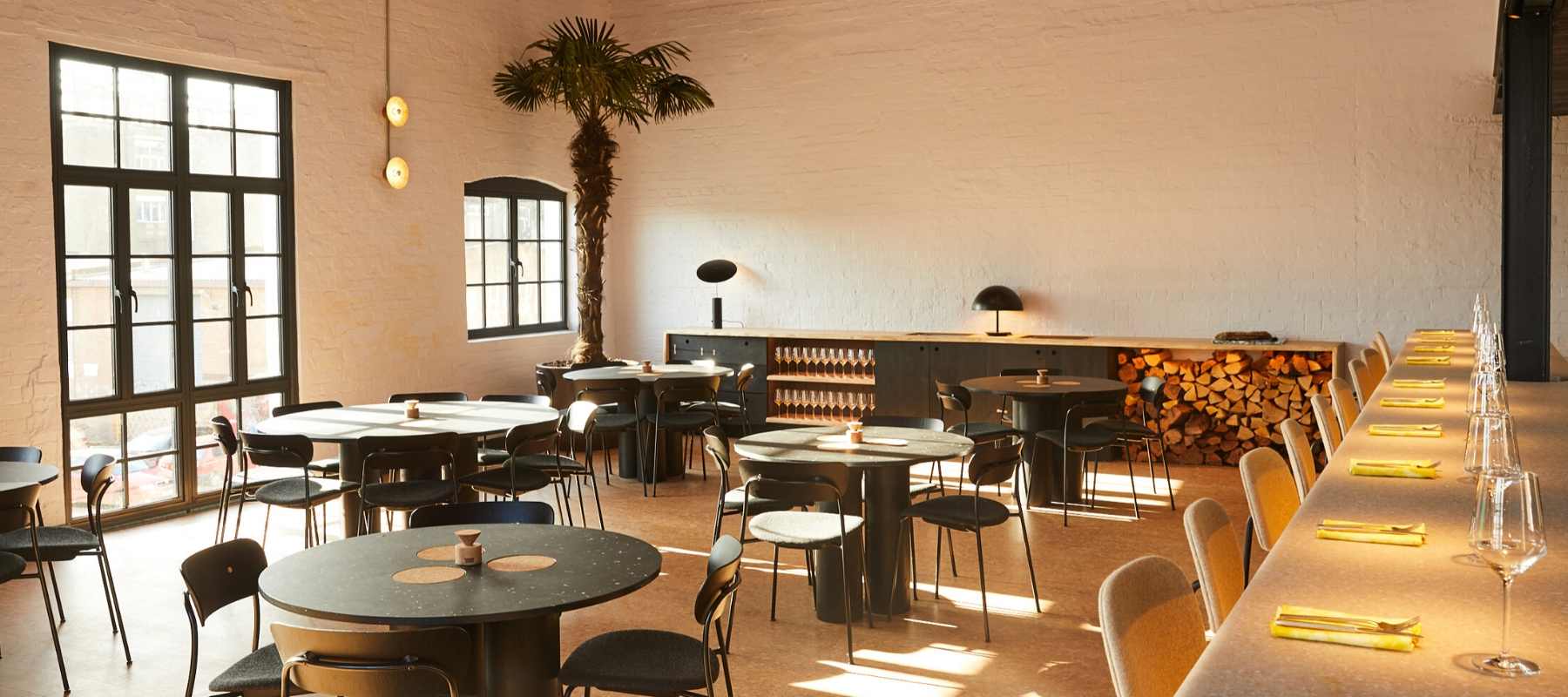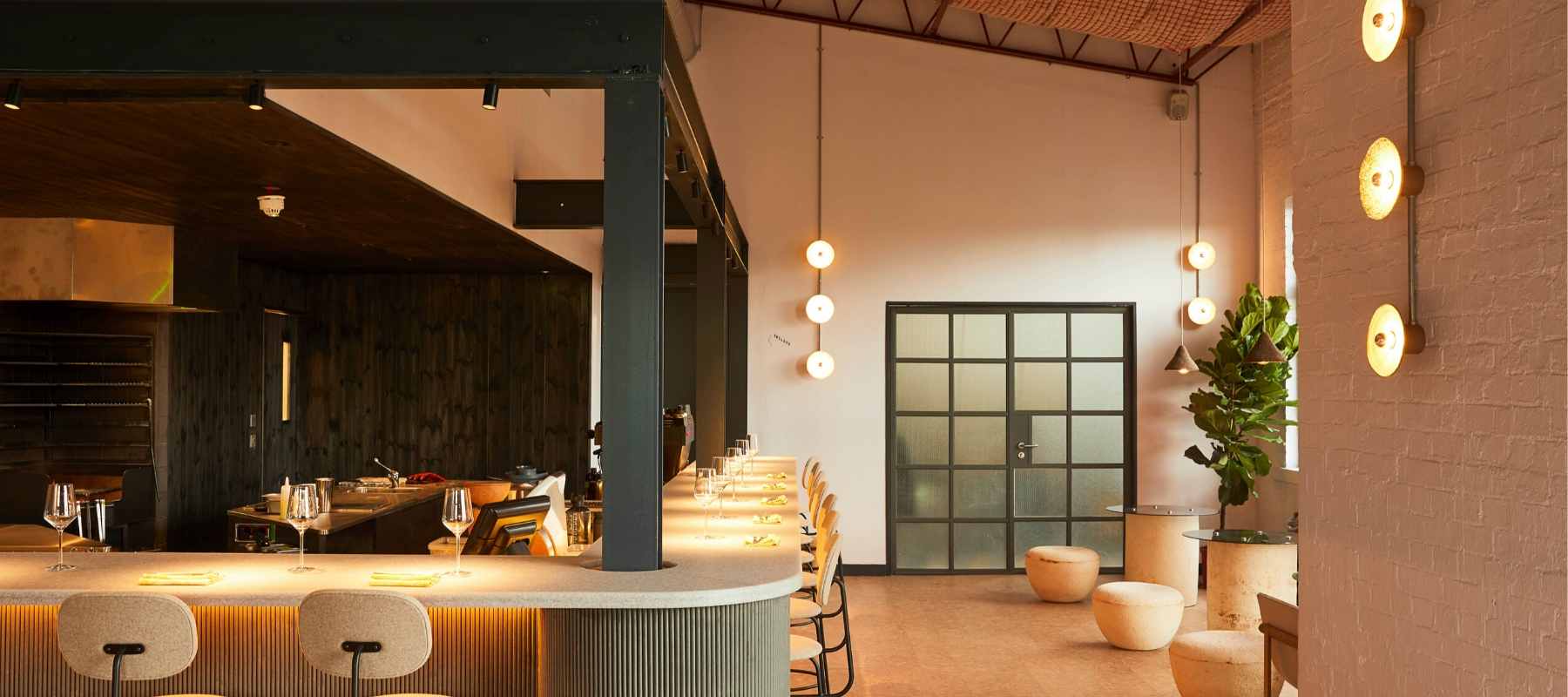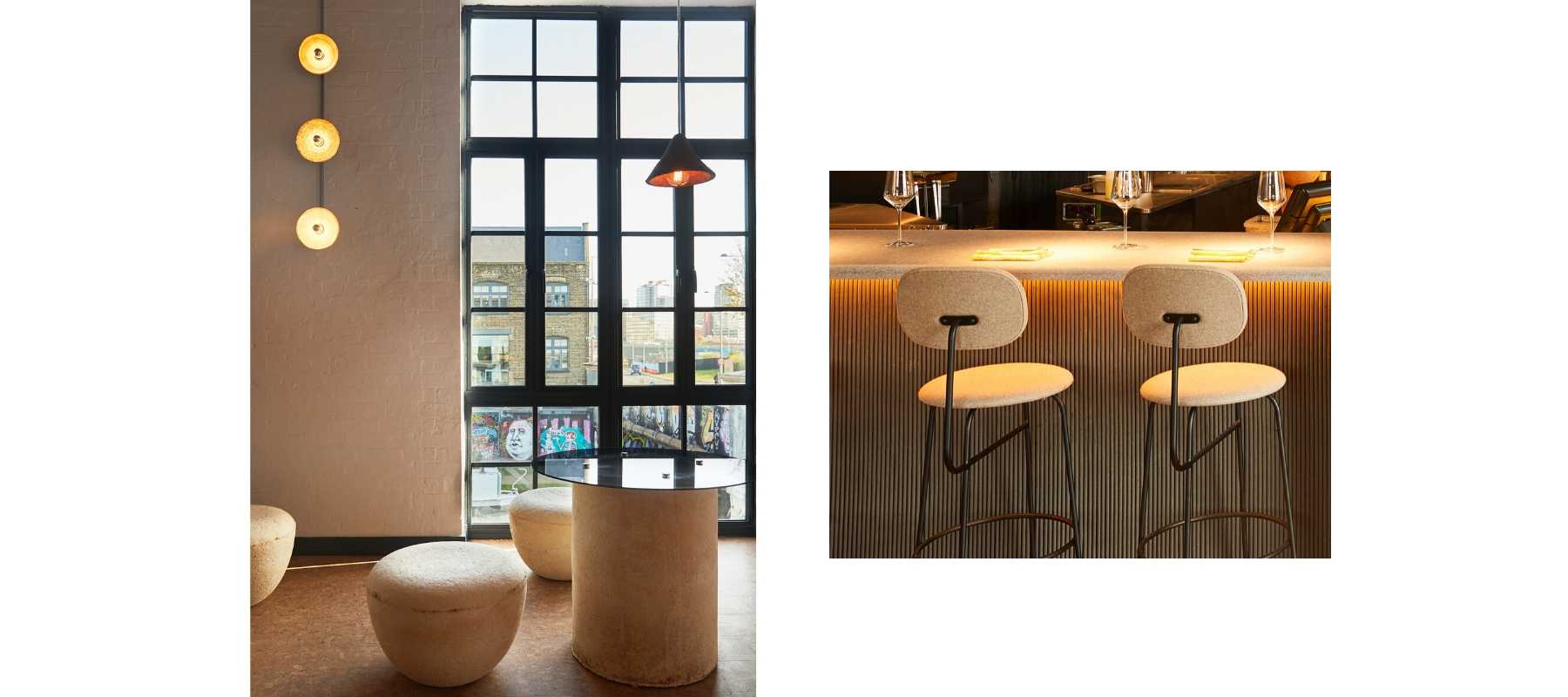

Back in 2014, Douglas McMaster opened the world’s first zero-waste restaurant in Modish Living HQ’s hometown: Brighton. Called Silo, the eco-chic restaurant focused on ‘closing the loop’ in the food production process. It became known for serving drinks in jam jars, using upturned crates as seats and, of course, offering a delicious menu of locally sourced produce, long before upcycling and sustainable living was a hot topic.
Fast forward to 2019, the award-winning chef has taken his revolutionary concept to Hackney Wick in London where he created an innovative evolution of Silo Brighton. McMaster’s vision was conceived from a desire to innovate the food industry whilst demonstrating respect: respect for the environment, respect for the way our food is generated and respect for the nourishment it gives our bodies. This means creating everything from its whole form, cutting out food miles and over-processing, together with preserving nutrients and the integrity of the ingredients in the process.
“we’re constantly raising the bar when it comes to up-cycling and zero waste”
Douglas McMaster
McMaster and his team work directly with farmers and compost any leftovers using the kitchen’s own compost machine. The continually changing menu includes inventive dishes such as grilled fantail squid, white kimchi and Douglas fir; Jerusalem artichokes cooked on fire and served with Cashel Blue and ruby kraut; and blue potatoes, barbecued sea kale and caramelised whey. Wines are British, sourced from artisanal producers including another Modish Living neighbour, Tillingham in Sussex, which specialises in biodynamic, zero-sulphite wines.

For something a little stronger, the cocktail list, made in collaboration with award-winning bartender, Mr Lyan, is thoughtful and interesting, as is the craft beer from Silo’s partner, CRATE Brewery.
But what of the interior? As you would expect, the design and furniture mirrors the restaurant’s ethical and sustainable approach, where less is more. Created from a desire to re-use, the open space was designed by Nina Woodcroft of Nina+Co, who softened the building’s original industrial features by using a few pioneering high-quality materials that are biodegradable. For example, the entrance pendant light is moulded from foraged seaweed, while the natural cork flooring is carbon negative. The dining tables were crafted using sustainably sourced English ash and the cocktail lounge furniture was grown to order from a fungus called mycelium. We also love the dining bar, which is wrapped in recycled leather and topped with a counter made from reconstituted food packaging.

As champions of sustainable and reclaimed wood furniture we applaud Silo London for its pioneering approach. Long may creativity and sustainability continue to thrive in all that we do!